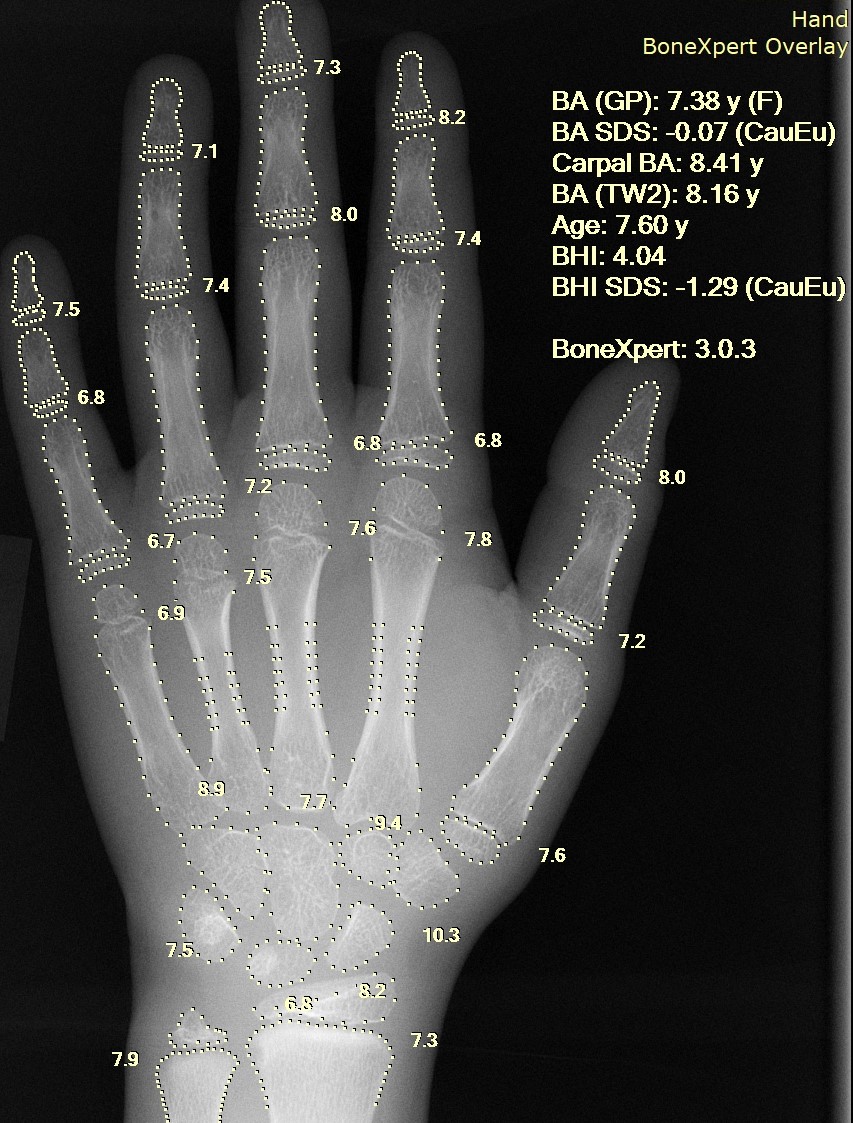10 Real-World Examples of AI in Healthcare
Explore 10 innovative examples of AI applications in healthcare, from predictive analytics to personalized treatment plans.

Artificial Intelligence (AI) is revolutionizing the healthcare industry in countless ways, from improving patient outcomes to streamlining administrative tasks. In this article, we will explore 10 real-world examples of AI in healthcare and how they are transforming the way we approach healthcare.
1. Diagnosing diseases: AI applications in healthcare are being used to assist in diagnosing diseases such as cancer, diabetes, and heart disease. For example, IBM's Watson Health uses AI technology to analyze medical images and patient data to help doctors make more accurate diagnoses.
2. Personalized treatment plans: AI technology in healthcare is also being used to develop personalized treatment plans for patients. By analyzing a patient's medical history, genetic makeup, and lifestyle factors, AI can help doctors tailor treatment plans that are more effective and have fewer side effects.
3. Predicting patient outcomes: AI examples in healthcare include predictive analytics, which uses AI algorithms to forecast patient outcomes. By analyzing data from electronic health records, AI can help doctors identify patients at risk of complications and intervene before problems arise.
4. Drug discovery: AI technology in healthcare is being used to accelerate the drug discovery process. By analyzing vast amounts of data, AI algorithms can identify potential drug candidates more quickly and accurately than traditional methods.
5. Virtual health assistants: Generative AI in healthcare is being used to develop virtual health assistants that can provide patients with information and support. These virtual assistants can answer questions, schedule appointments, and remind patients to take their medications.
6. Remote monitoring: AI applications in healthcare are also being used to remotely monitor patients' vital signs and health metrics. By analyzing data from wearable devices and sensors, AI can alert healthcare providers to any changes in a patient's condition.
7. Fraud detection: AI examples in healthcare include fraud detection algorithms that can identify suspicious billing patterns and potential instances of fraud. By analyzing claims data, AI can help healthcare organizations save money and prevent fraudulent activities.
8. Improving patient safety: AI technology in healthcare is being used to enhance patient safety by identifying potential errors and risks. For example, AI algorithms can analyze medical images to detect abnormalities that may have been missed by human radiologists.
9. Automating administrative tasks: AI in healthcare examples include automating administrative tasks such as scheduling appointments, processing insurance claims, and managing electronic health records. By freeing up healthcare providers' time, AI can improve efficiency and reduce administrative burden.
10. Addressing bias: AI bias in healthcare examples include efforts to address biases in AI algorithms that may disproportionately impact certain patient populations. By developing more inclusive and diverse datasets, AI can help ensure that healthcare decisions are fair and equitable for all patients.
In conclusion, AI is transforming the healthcare industry in numerous ways, from diagnosing diseases to improving patient safety. By leveraging AI technology, healthcare providers can deliver more personalized and efficient care to patients, ultimately leading to better health outcomes for all.
Sources:
- https://www.who.int/news-room/fact-sheets/detail/health-workforce
What's Your Reaction?













